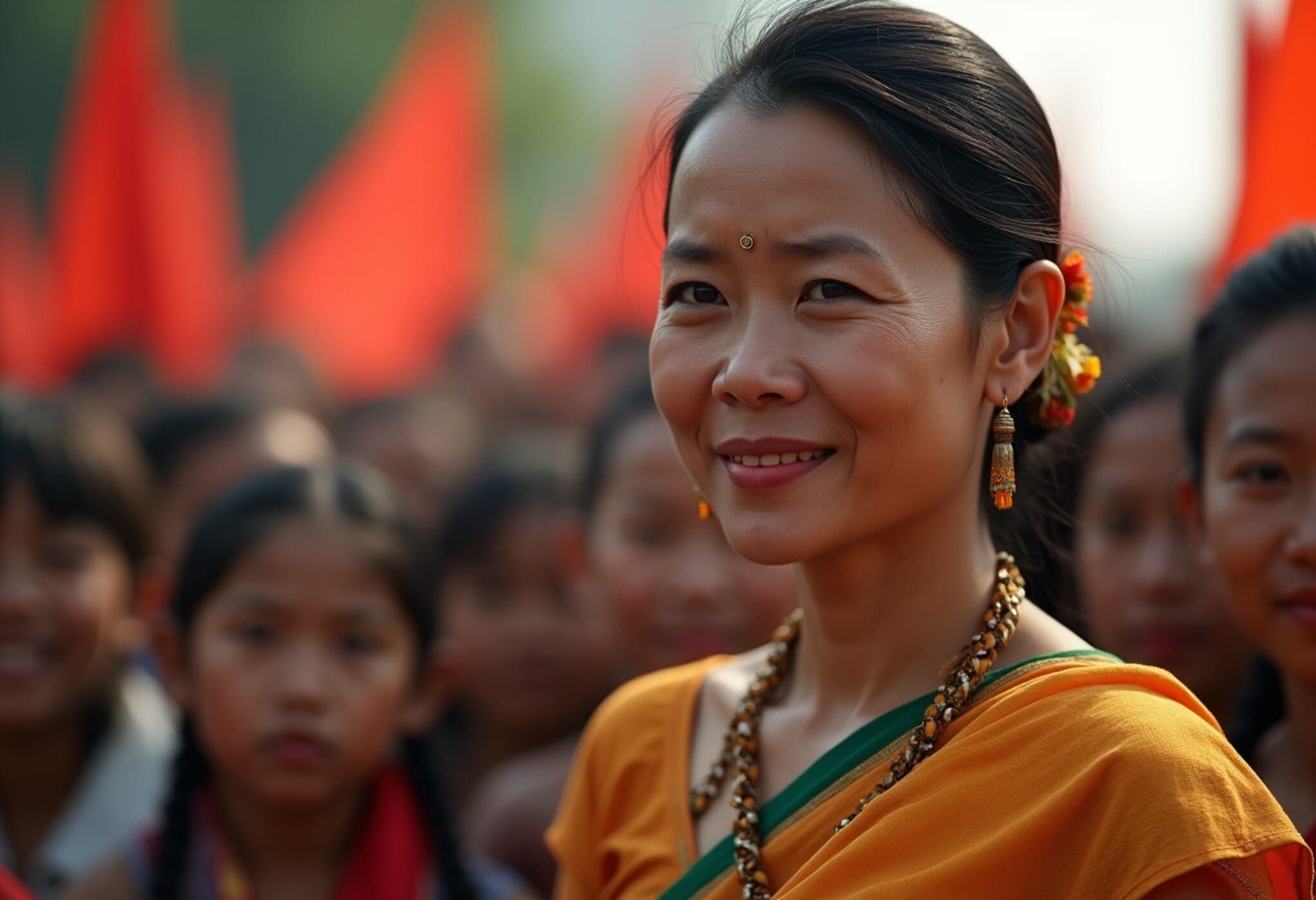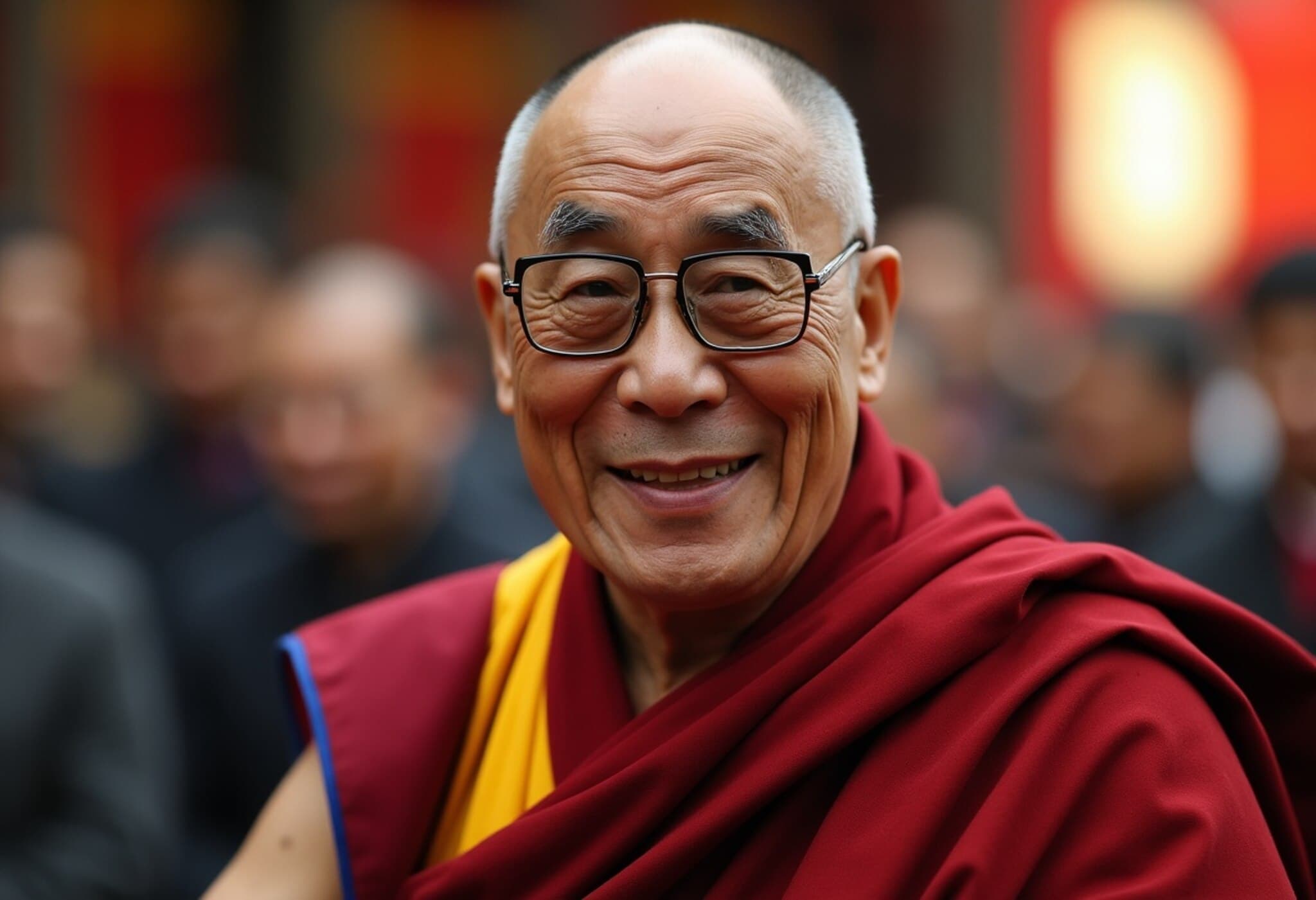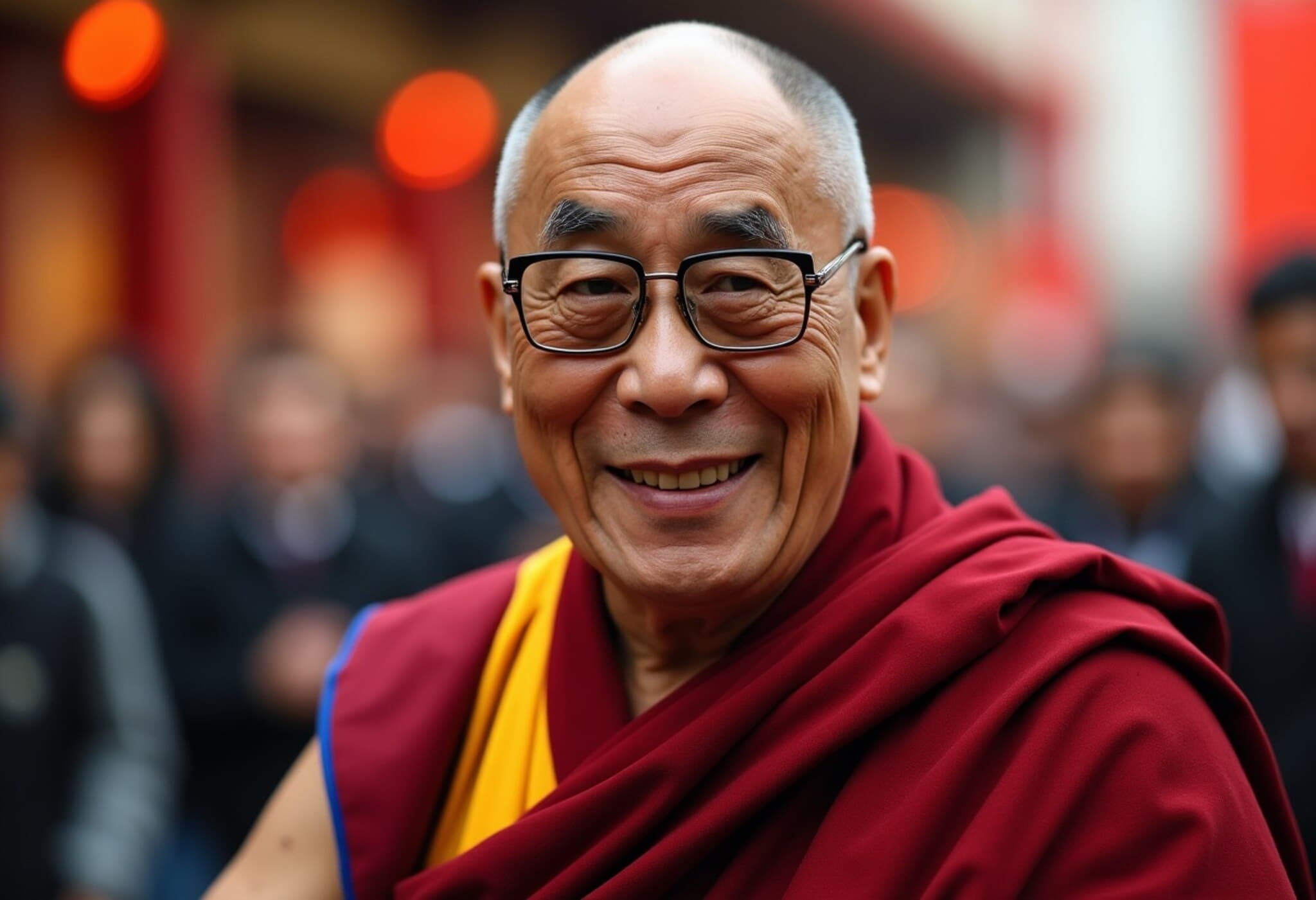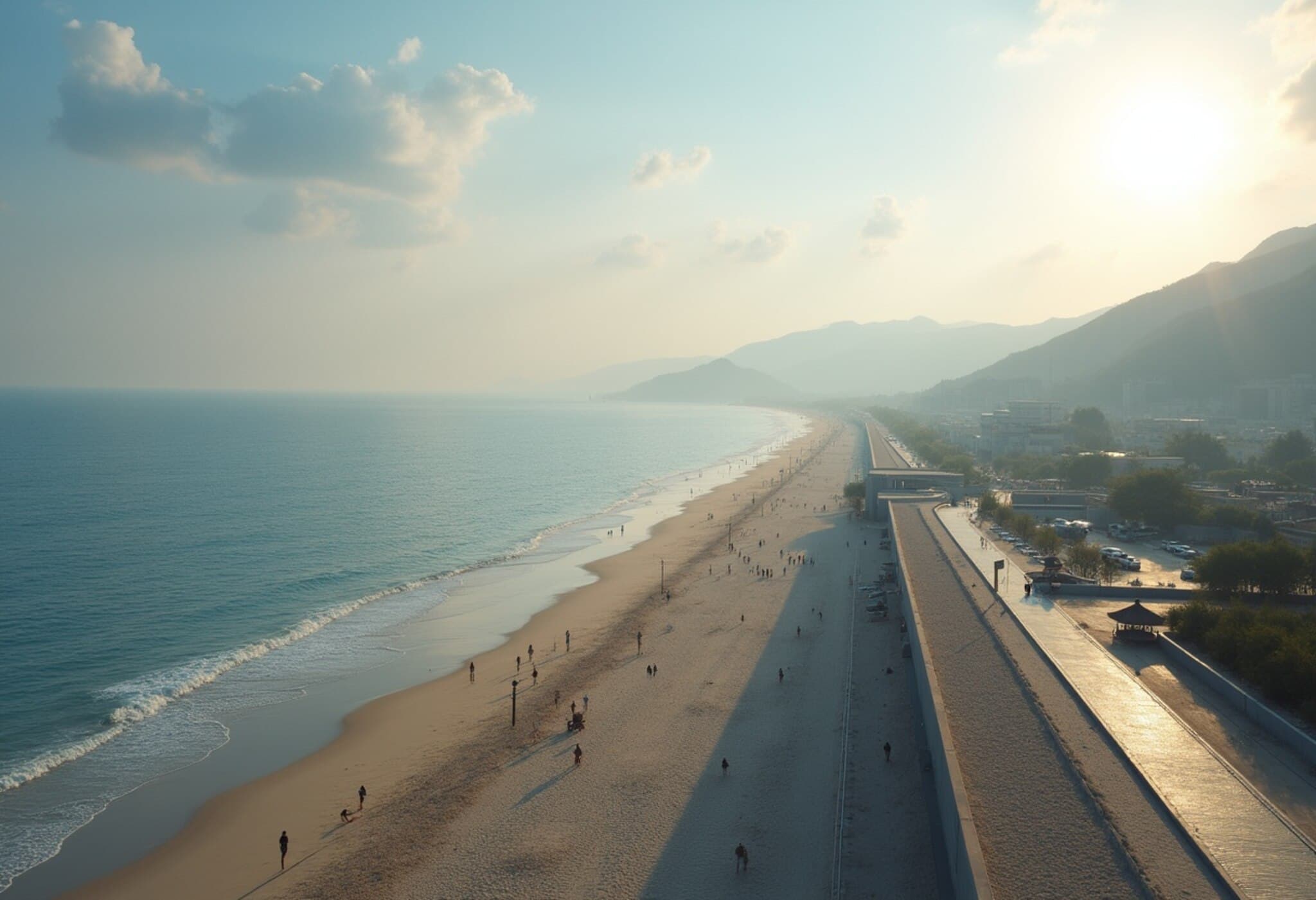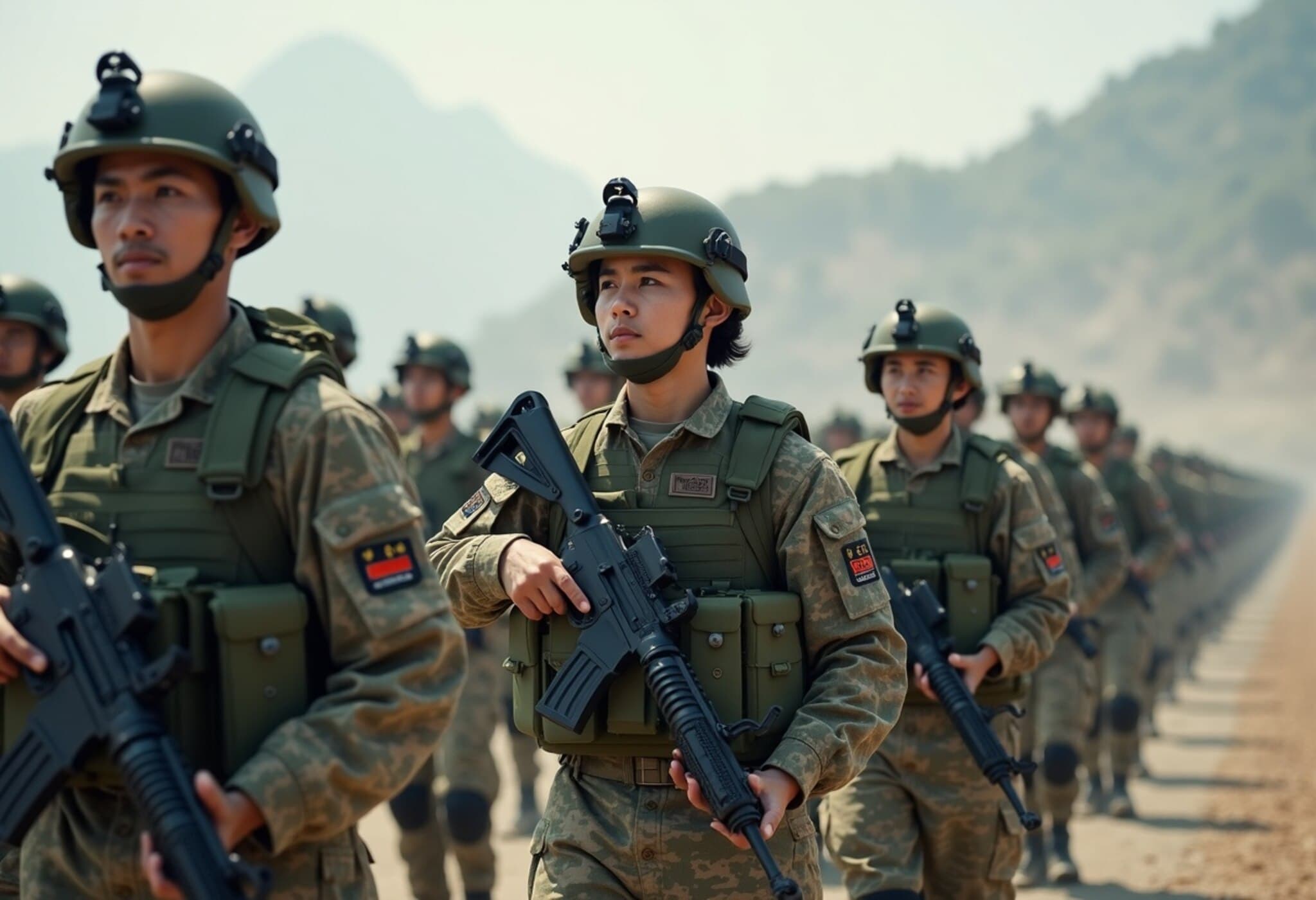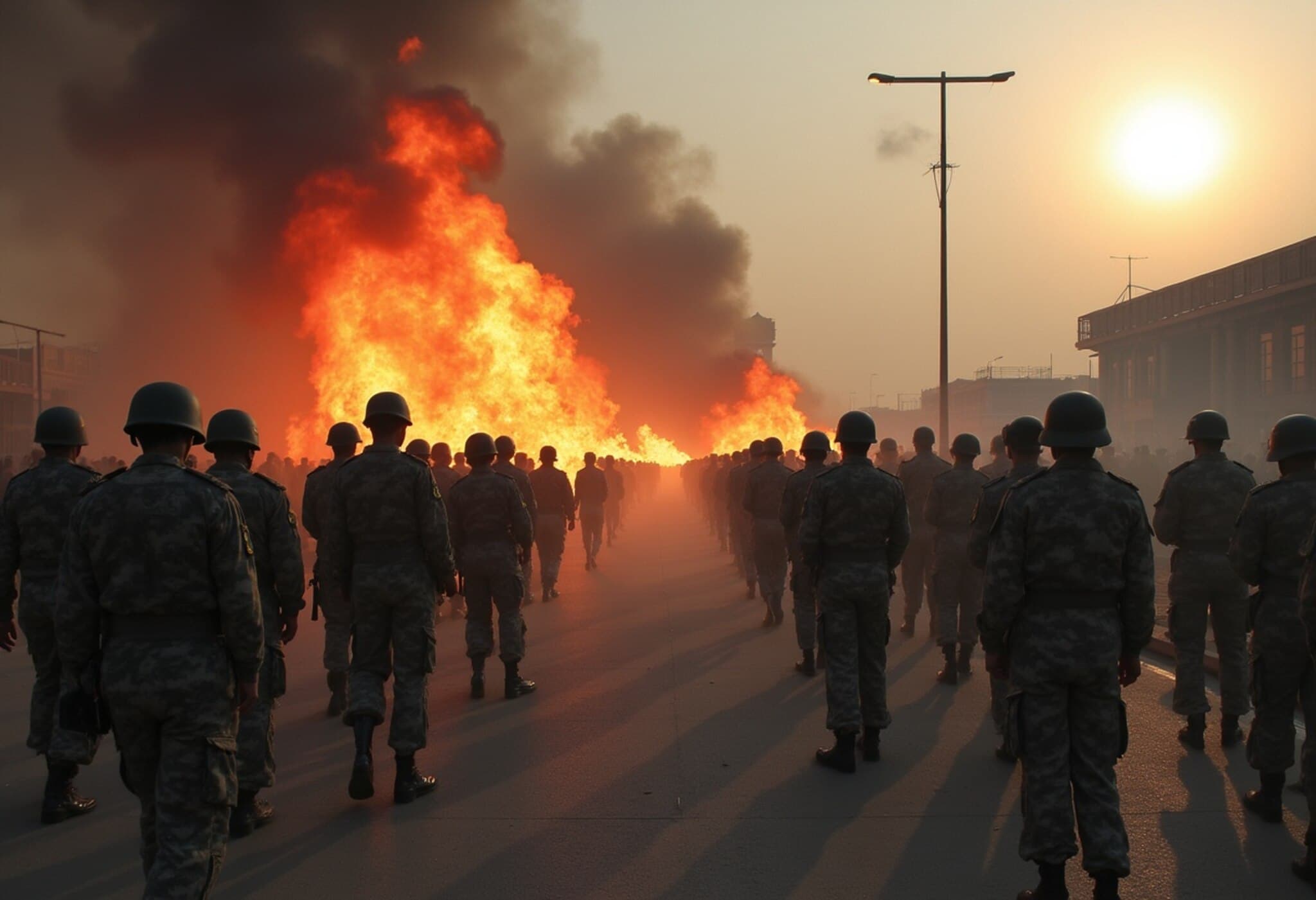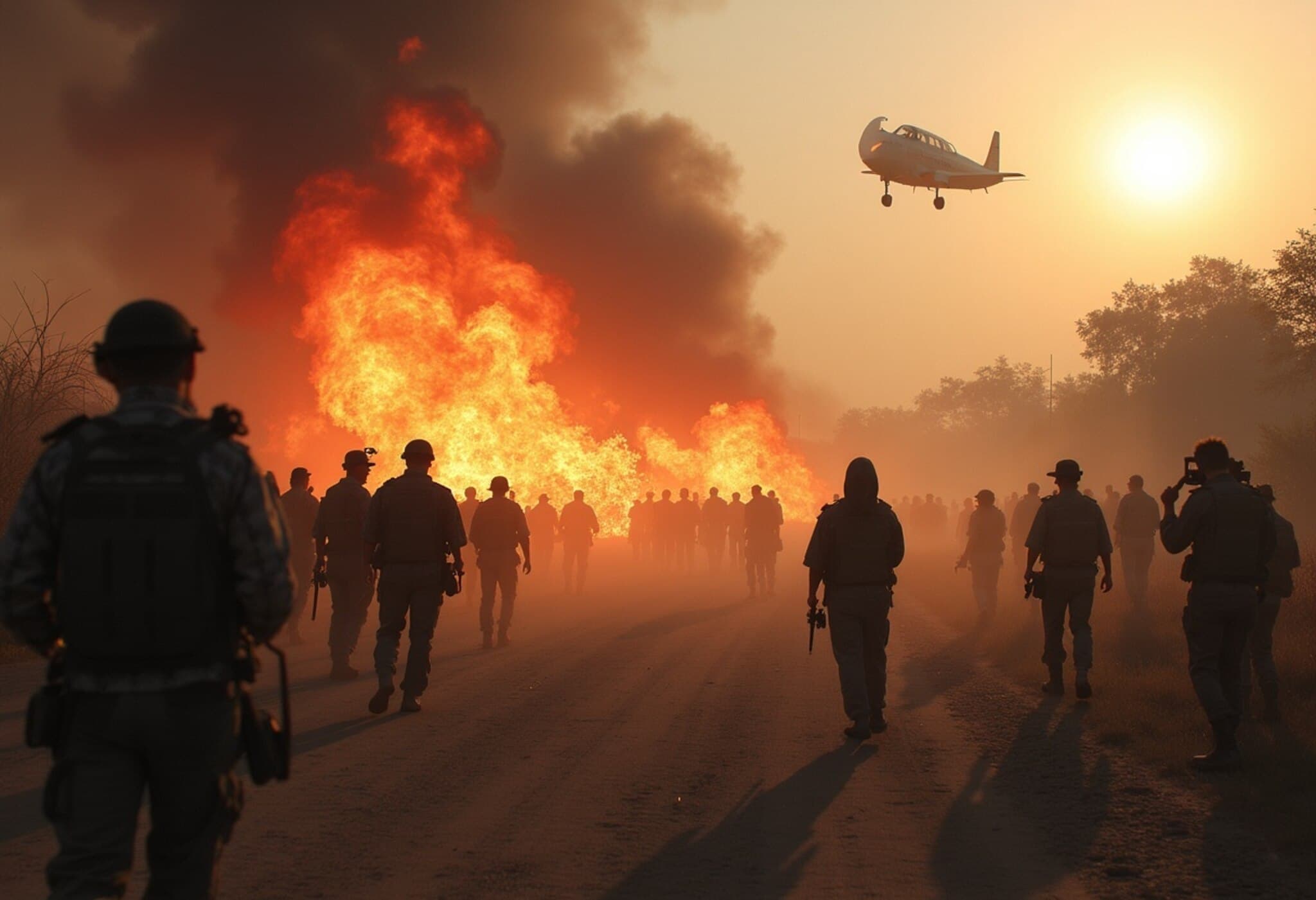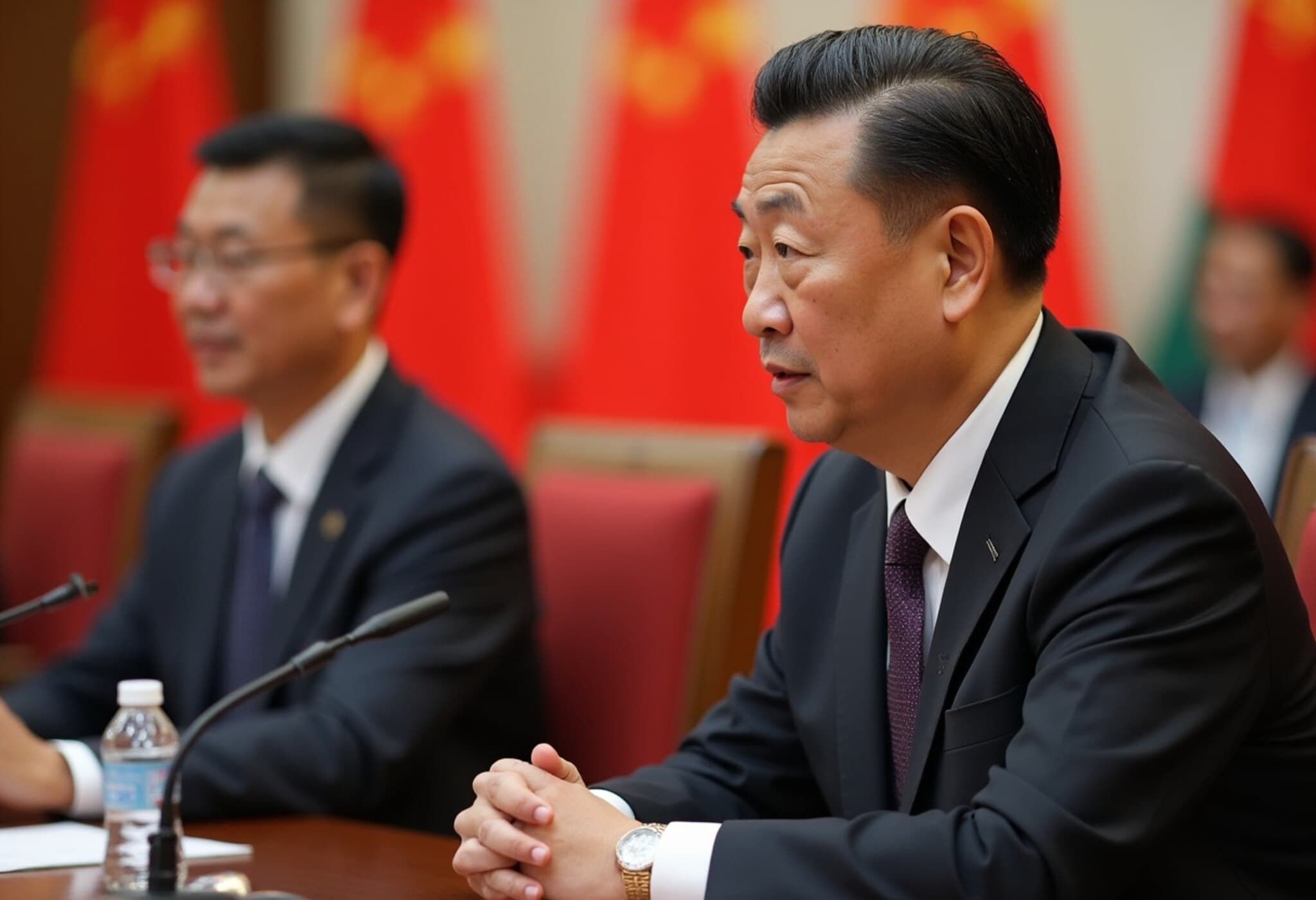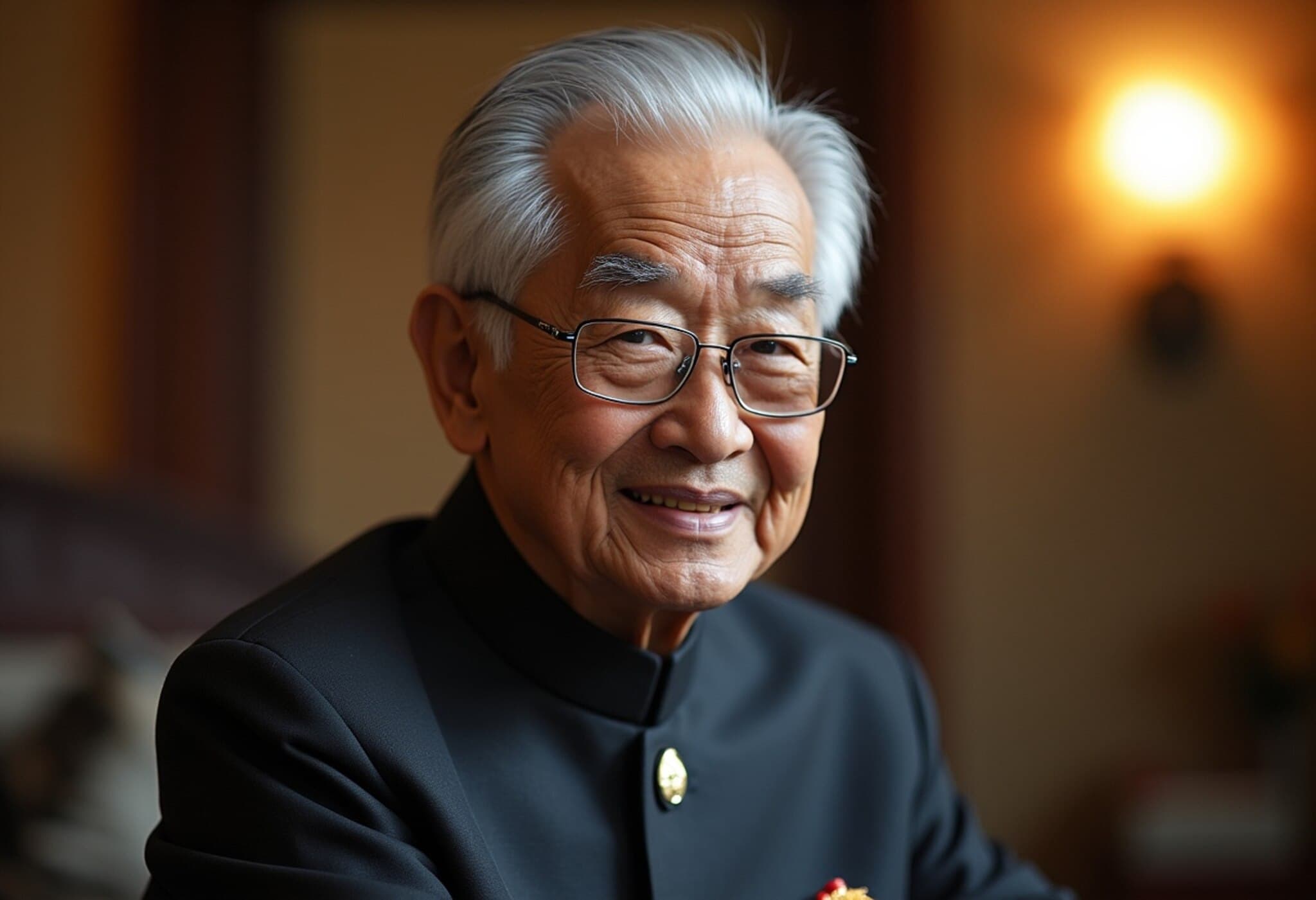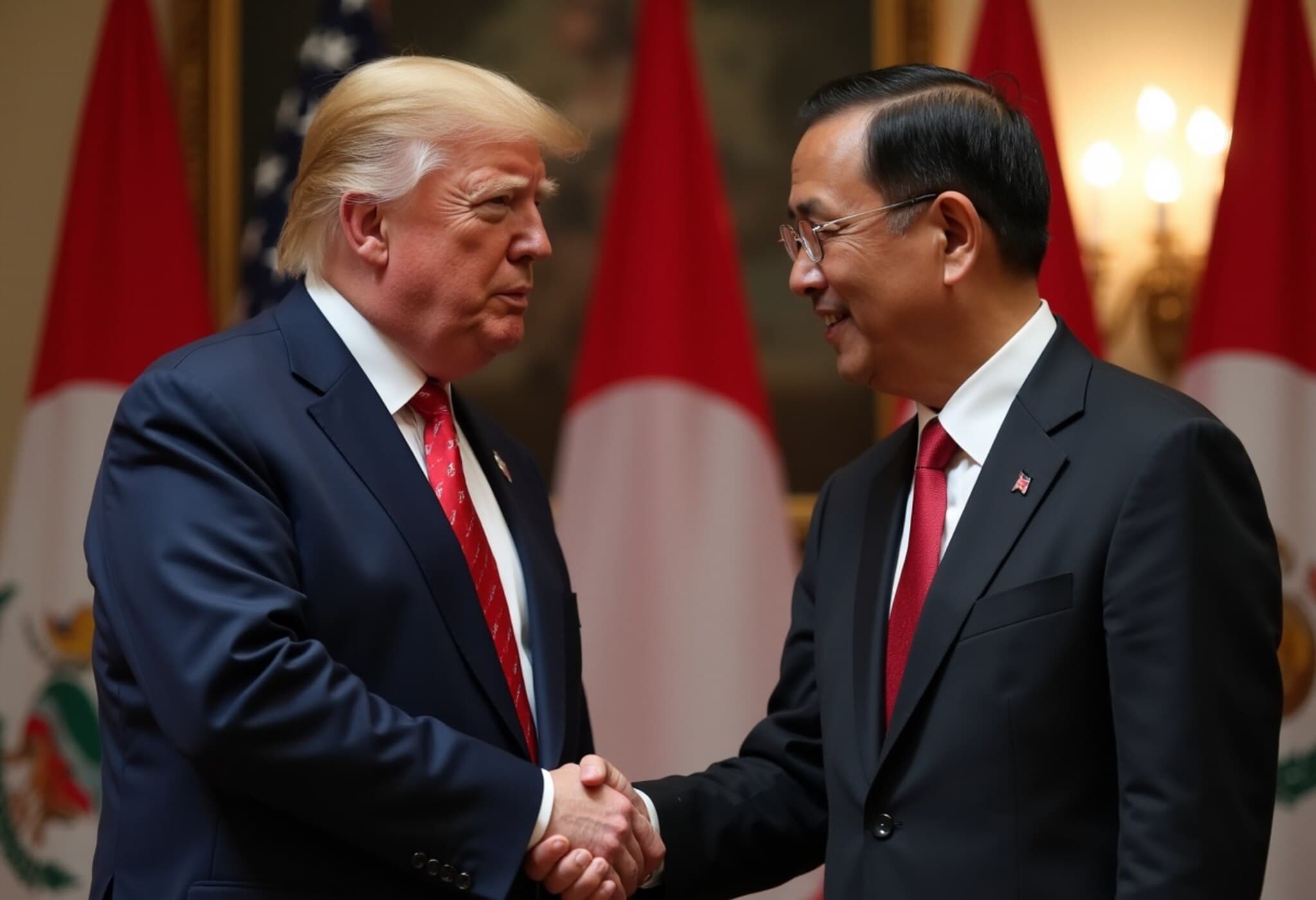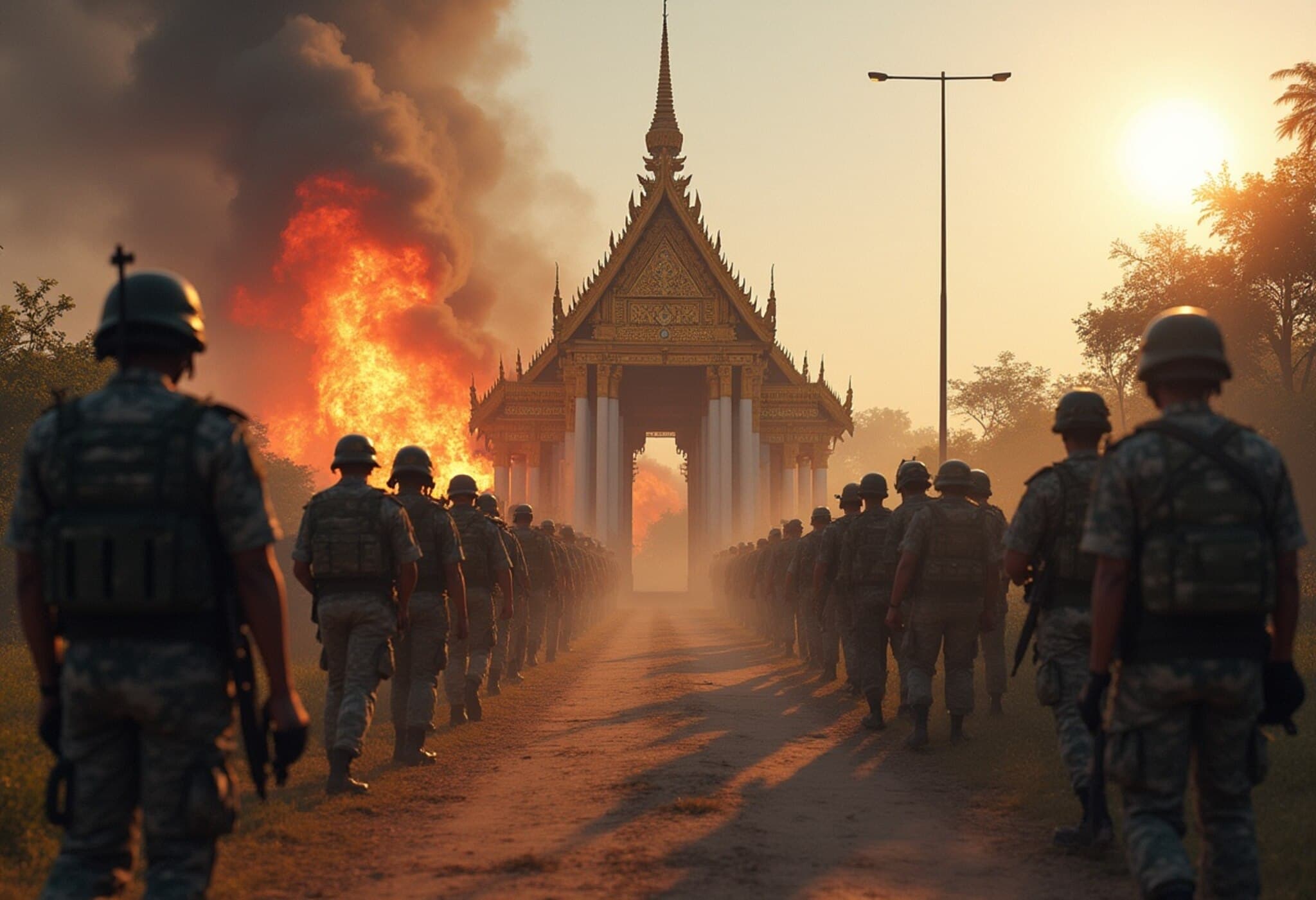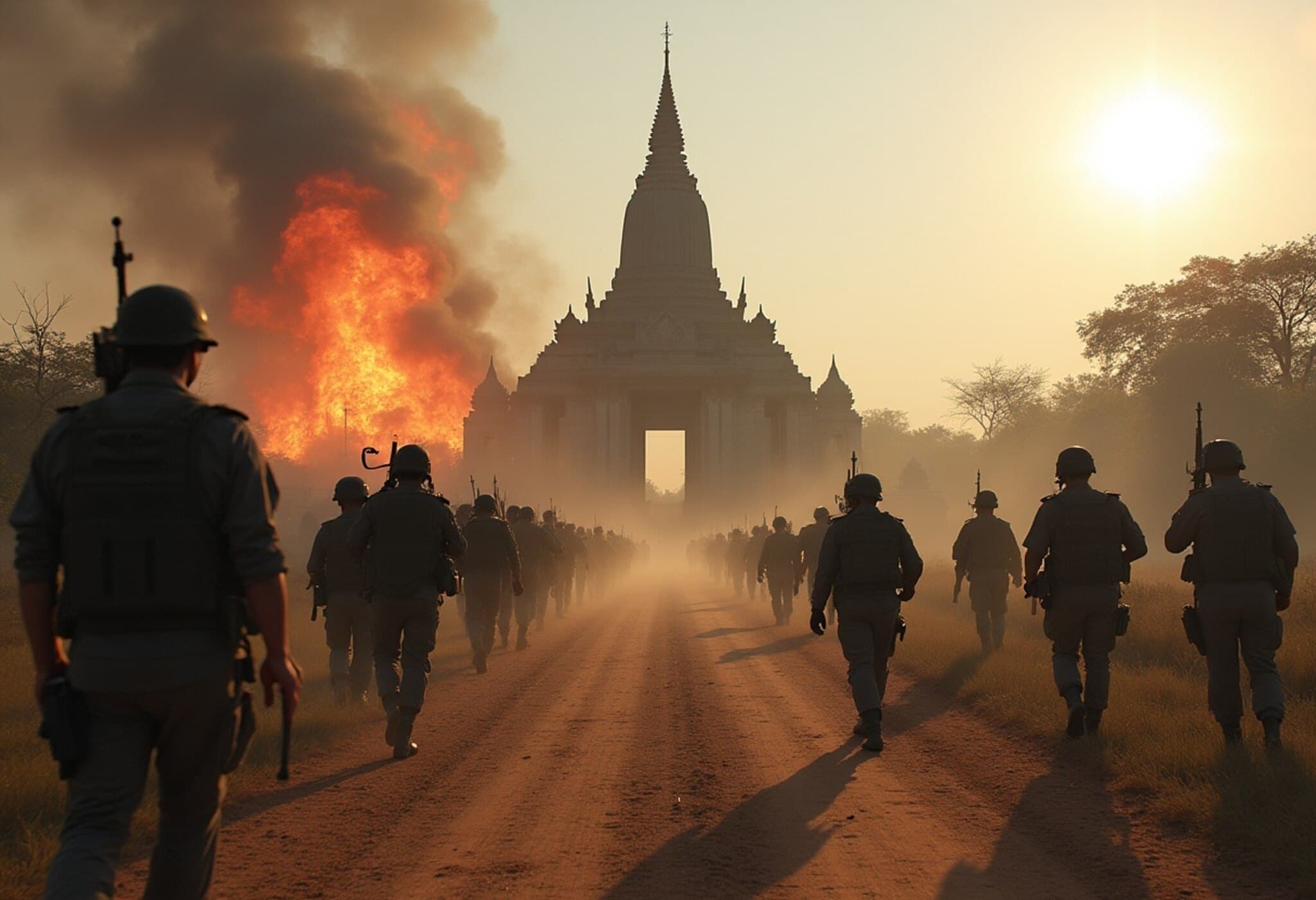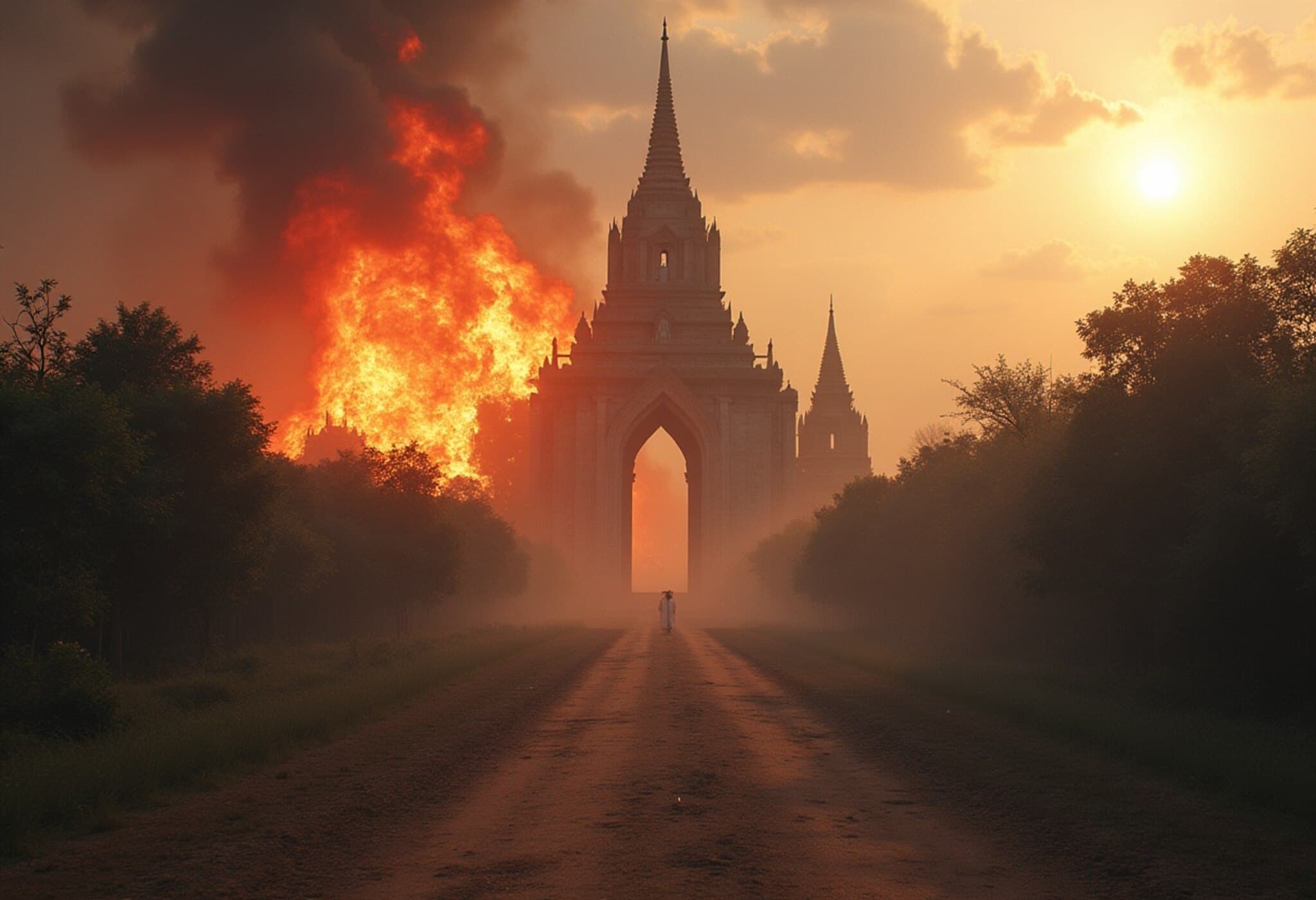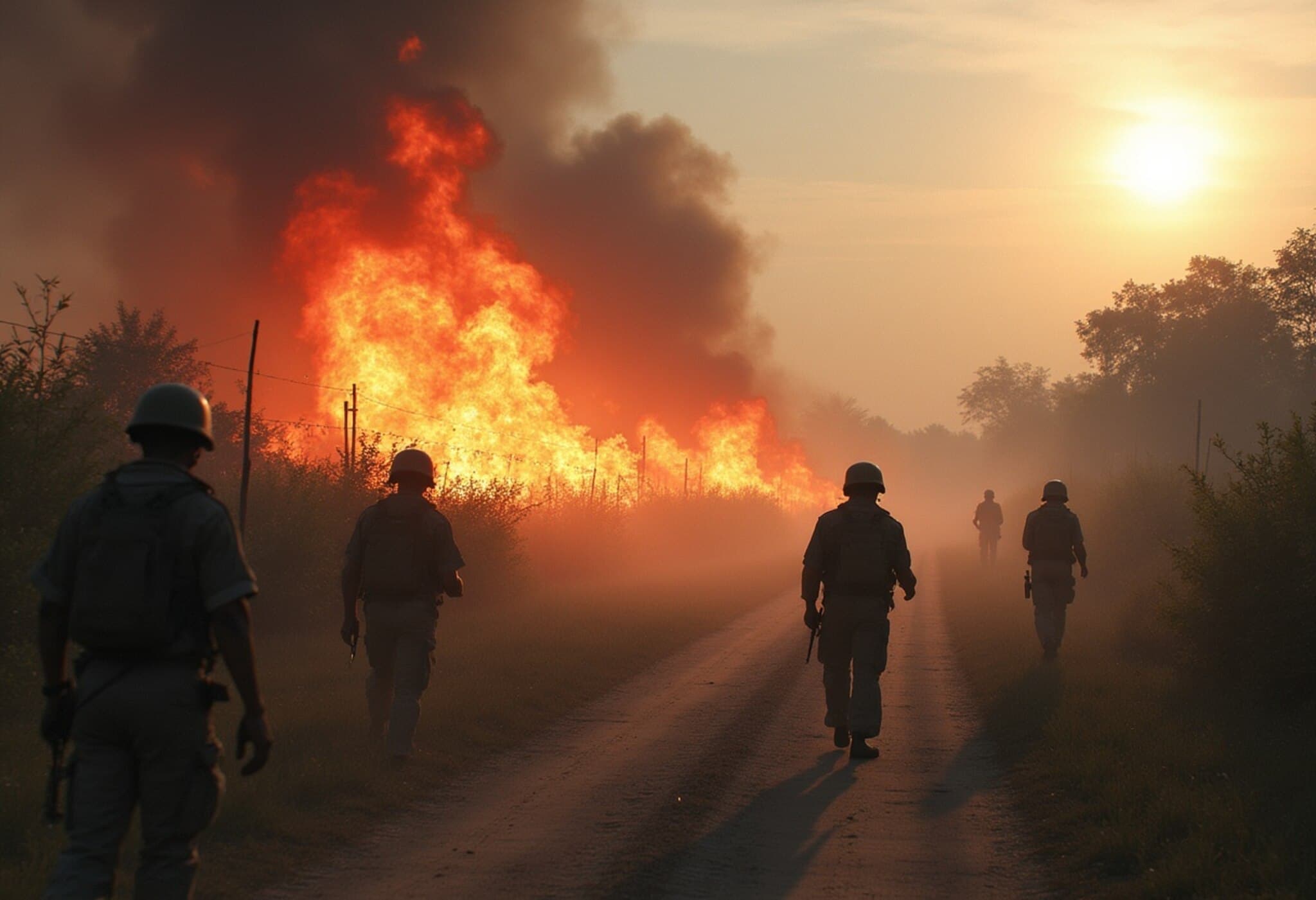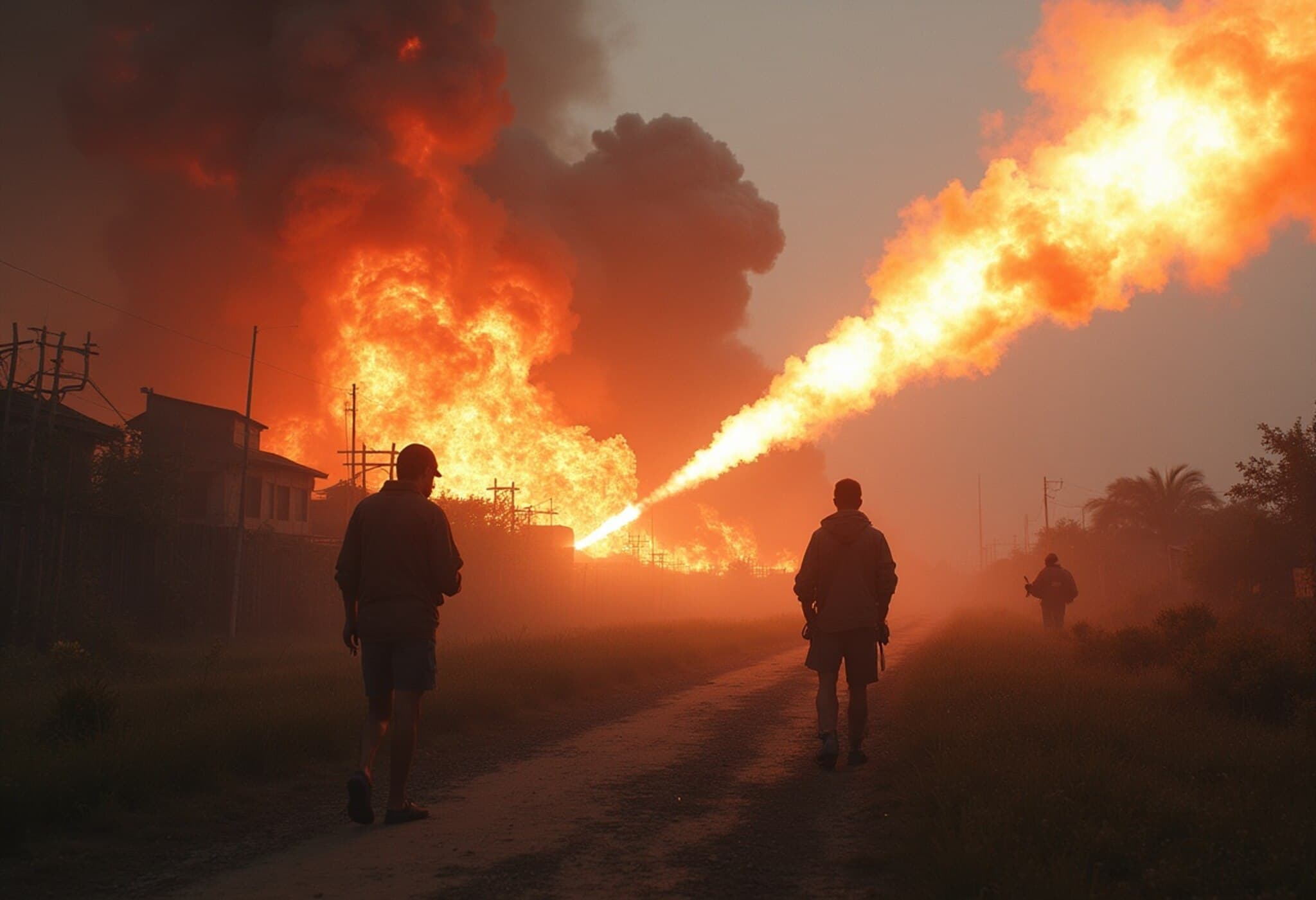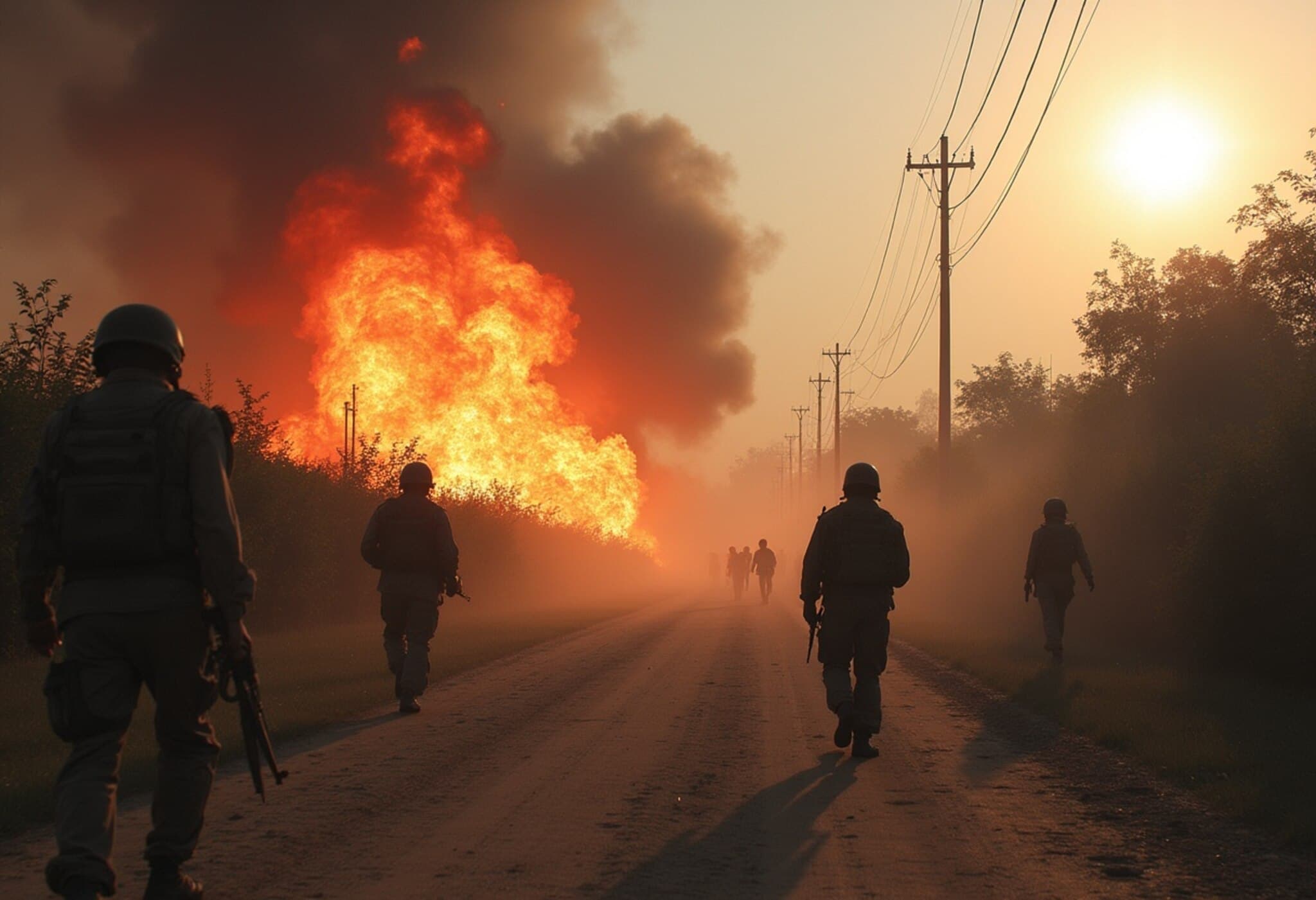Myanmar Junta Lifts State of Emergency, Announces December Elections
Four years after the Myanmar military toppled the democratically elected government of Aung San Suu Kyi in a February 2021 coup, the ruling junta has officially ended the state of emergency and announced plans to hold elections in December 2025. This move marks a significant juncture amid ongoing conflict and political unrest that has engulfed the Southeast Asian nation since the military's takeover.
The Coup and Its Aftermath
On February 1, 2021, the Myanmar military, led by Senior General Min Aung Hlaing, seized power, detaining civilian leaders including Nobel laureate Aung San Suu Kyi and declaring a nationwide emergency. This action triggered widespread protests and a brutal crackdown, spiraling into a persistent civil war involving various ethnic armed groups and the opposition National Unity Government (NUG).

General Min Aung Hlaing presides over an army parade in 2021 after the coup. Photo: Reuters
Formation of Election Commission and Upcoming Vote
Despite facing diminished control — estimates suggest the junta now governs only around 20% of Myanmar’s territory — Min Aung Hlaing has pushed forward with electoral plans. An 11-member commission, chaired by the general himself, has been established to oversee the December polls. The junta presents these elections as a pathway to restore order and political legitimacy.
However, this announcement has been met with skepticism and outright rejection by prominent opposition figures and ethnic groups. Critics argue these elections will be neither free nor fair, labeling them a sham designed to entrench military rule. The opposition NUG and many civil society groups have declared a boycott, underscoring their commitment to a genuinely democratic transition.
New Election Law Imposes Severe Penalties
Adding to the tension, just days before setting the election date, the junta enacted a stringent election law that criminalizes any disruption or opposition to the electoral process. Under the new legislation, individuals or groups who organize protests, distribute dissenting materials, or interfere with the elections face prison sentences ranging from three to ten years, hefty fines, and in extreme cases, the death penalty. This move is widely seen as an attempt to suppress dissent and intimidate opposition in the lead-up to the vote.
Analyzing the Political Landscape
The civil conflict and political crisis in Myanmar represent one of Southeast Asia's most pressing humanitarian and geopolitical challenges. From an international standpoint, the December elections raise critical questions about democratic norms, legitimacy, and military accountability. Even as the junta claims these elections will restore stability, many analysts believe this is a strategic effort by Min Aung Hlaing to secure his grip on power, whether as head of state or retaining formidable military influence behind the scenes.
- Humanitarian impact: The ongoing civil war has displaced hundreds of thousands, undermining public services and fuelling regional instability.
- International response: Most Western governments have condemned the coup and imposed sanctions, though the geopolitical roles of China and ASEAN complicate pressure strategies.
- Future prospects: Genuine reconciliation and democratic renewal appear challenging while armed conflict persists and political repression intensifies.
Conclusion: An Uncertain Road Ahead
As Myanmar approaches its scheduled December elections amid a backdrop of conflict, repression, and profound political division, the world watches closely. The junta’s actions underscore a complex blend of power consolidation and attempts at political normalization. Whether these elections will open a path toward peace or further entrench military dominance remains an open, critical question not just for Myanmar but for regional stability and democratic governance worldwide.
Editor's Note
The announcement of Myanmar’s December elections comes four turbulent years after the military coup shattered hopes for democracy. While the junta purports to restore order through electoral means, severe restrictions and ongoing conflict cast doubt on this path's legitimacy. Observers should remain vigilant, questioning how such processes reflect the will of the people amidst repression and whether international stakeholders will effectively support a genuine democratic future for Myanmar.

